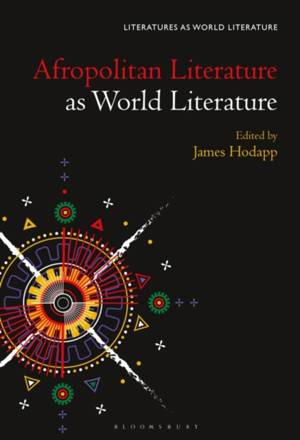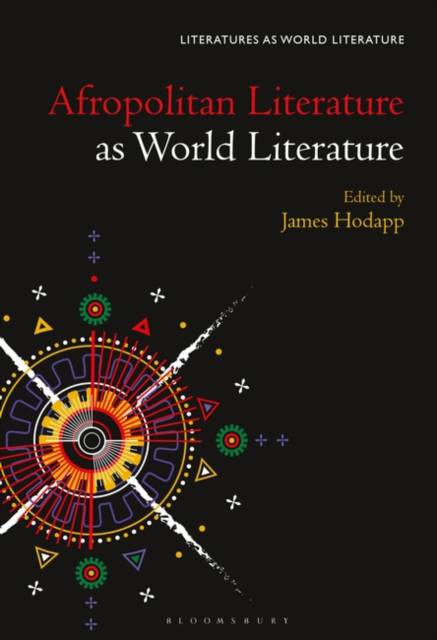
Bedankt voor het vertrouwen het afgelopen jaar! Om jou te bedanken bieden we GRATIS verzending (in België) aan op alles gedurende de hele maand januari.
- Afhalen na 1 uur in een winkel met voorraad
- In januari gratis thuislevering in België
- Ruim aanbod met 7 miljoen producten
Bedankt voor het vertrouwen het afgelopen jaar! Om jou te bedanken bieden we GRATIS verzending (in België) aan op alles gedurende de hele maand januari.
- Afhalen na 1 uur in een winkel met voorraad
- In januari gratis thuislevering in België
- Ruim aanbod met 7 miljoen producten
Zoeken
Afropolitan Literature as World Literature
€ 254,45
+ 508 punten
Omschrijving
African literature has never been more visible than it is today. Whereas Chinua Achebe, Wole Soyinka, and Ngugi wa Thiong'o defined a golden generation of African writers in the 20th century, a new generation of "Afropolitan" writers including Chimamanda Adichie, Teju Cole, Taiye Selasi, and NoViolet Bulawayo have taken the world by storm by snatching up prestigious awards and selling millions of copies of their works.
But what is the new, increasingly fashionable and marketable, Afropolitan vision of Africa's place in the world that they offer? How does it differ from that of previous generations? Why do some dissent? Afropolitanism refuses to reinforce images of Africa in world media as merely poor, war-torn, diseased, and constantly falling into chaos. By complicating the image of Africa as a hapless victim, Afropolitanism focuses on the wide-ranging influence Africa has on the world. However, some have characterized this kind of writing as light, populist fare that panders to Western audiences.
Afropolitan Literature as World Literatureexamines the controversy surrounding Afropolitan literature in light of the unprecedented circulation of culture made possible by globalization, and ultimately argues for expanding its geographic and temporal boundaries.
But what is the new, increasingly fashionable and marketable, Afropolitan vision of Africa's place in the world that they offer? How does it differ from that of previous generations? Why do some dissent? Afropolitanism refuses to reinforce images of Africa in world media as merely poor, war-torn, diseased, and constantly falling into chaos. By complicating the image of Africa as a hapless victim, Afropolitanism focuses on the wide-ranging influence Africa has on the world. However, some have characterized this kind of writing as light, populist fare that panders to Western audiences.
Afropolitan Literature as World Literatureexamines the controversy surrounding Afropolitan literature in light of the unprecedented circulation of culture made possible by globalization, and ultimately argues for expanding its geographic and temporal boundaries.
Specificaties
Betrokkenen
- Uitgeverij:
Inhoud
- Aantal bladzijden:
- 248
- Taal:
- Engels
- Reeks:
Eigenschappen
- Productcode (EAN):
- 9781501342585
- Verschijningsdatum:
- 23/01/2020
- Uitvoering:
- Hardcover
- Formaat:
- Genaaid
- Afmetingen:
- 152 mm x 229 mm
- Gewicht:
- 494 g

Alleen bij Standaard Boekhandel
+ 508 punten op je klantenkaart van Standaard Boekhandel
Beoordelingen
We publiceren alleen reviews die voldoen aan de voorwaarden voor reviews. Bekijk onze voorwaarden voor reviews.








